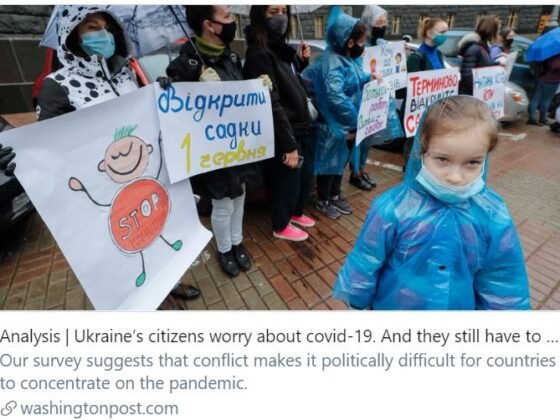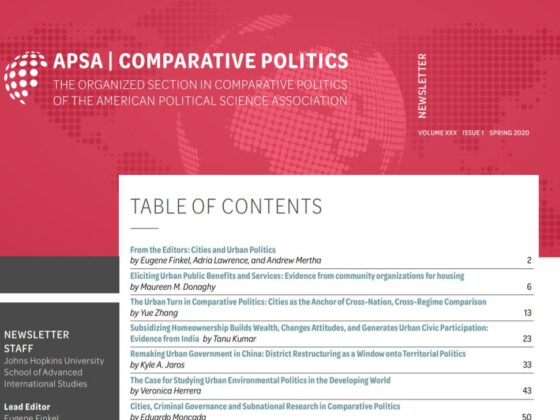(APSA-CP) Urban protest has been a subject of burgeoning scholarship on regime vulnerabilities and resilience in autocracies (Onuch 2015, 2014; Lorentzen 2013; King et al. 2013; Rød and Weidmann 2015; Beissinger 2013; Little et al. 2013; Tucker 2007; Robertson 2011; Harris and Hern 2019; Plantan 2014; Frye and Borisova 2019). In this essay, I discuss how careful attention to historical legacies of social structure that are spatially varied, could further enrich the recent empirical and conceptual innovations in the study of protest. Specifically, I sketch out how and in what ways history matters for understanding present-day protest and non-protest; in what ways lack of sensitivity to historical legacies can hamper understanding of discontent in post-communist societies; and how my ongoing historically-grounded research contributes to this research agenda. Although the discussion largely concerns protest in Russia and other post-communist states, the arguments are applicable to a variety of settings. They sensitize us to broad patterns of historical conditioning of the political economy of sub-national urban spaces and social structures underpinning varieties and intensities of mobilization. […]
Read More (PDF) © APSA | Comparative Politics (Spring Newsletter 2020)











